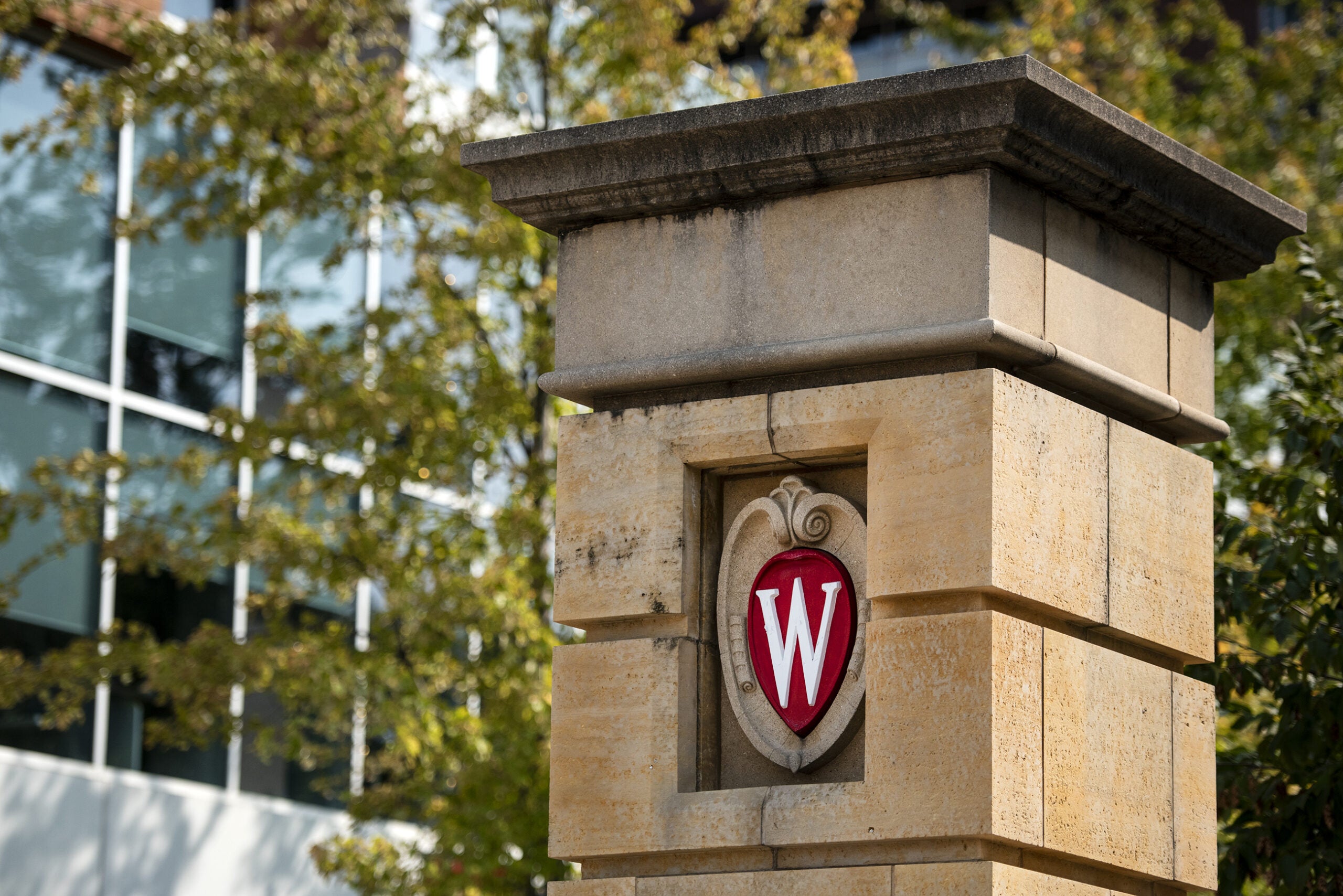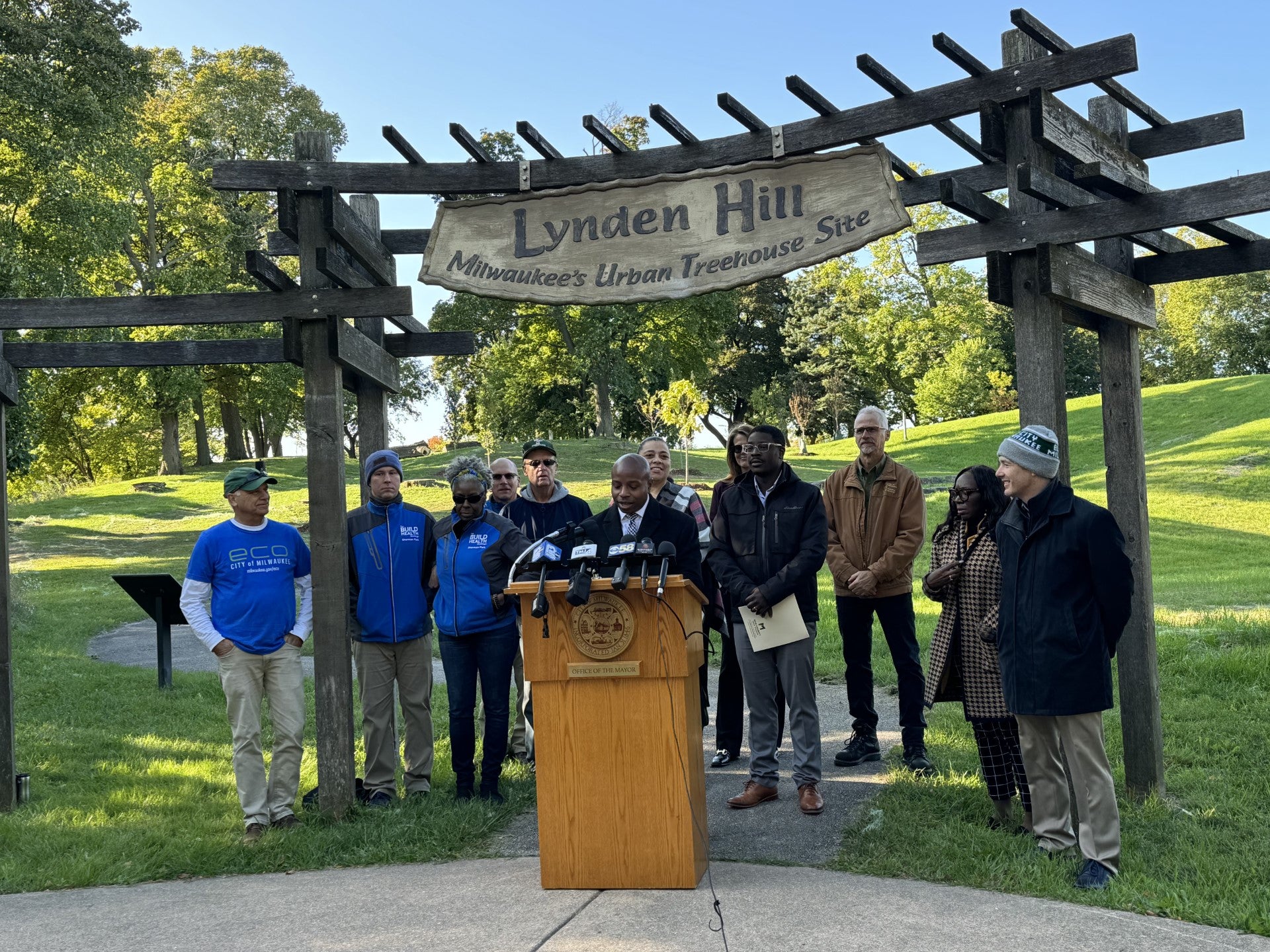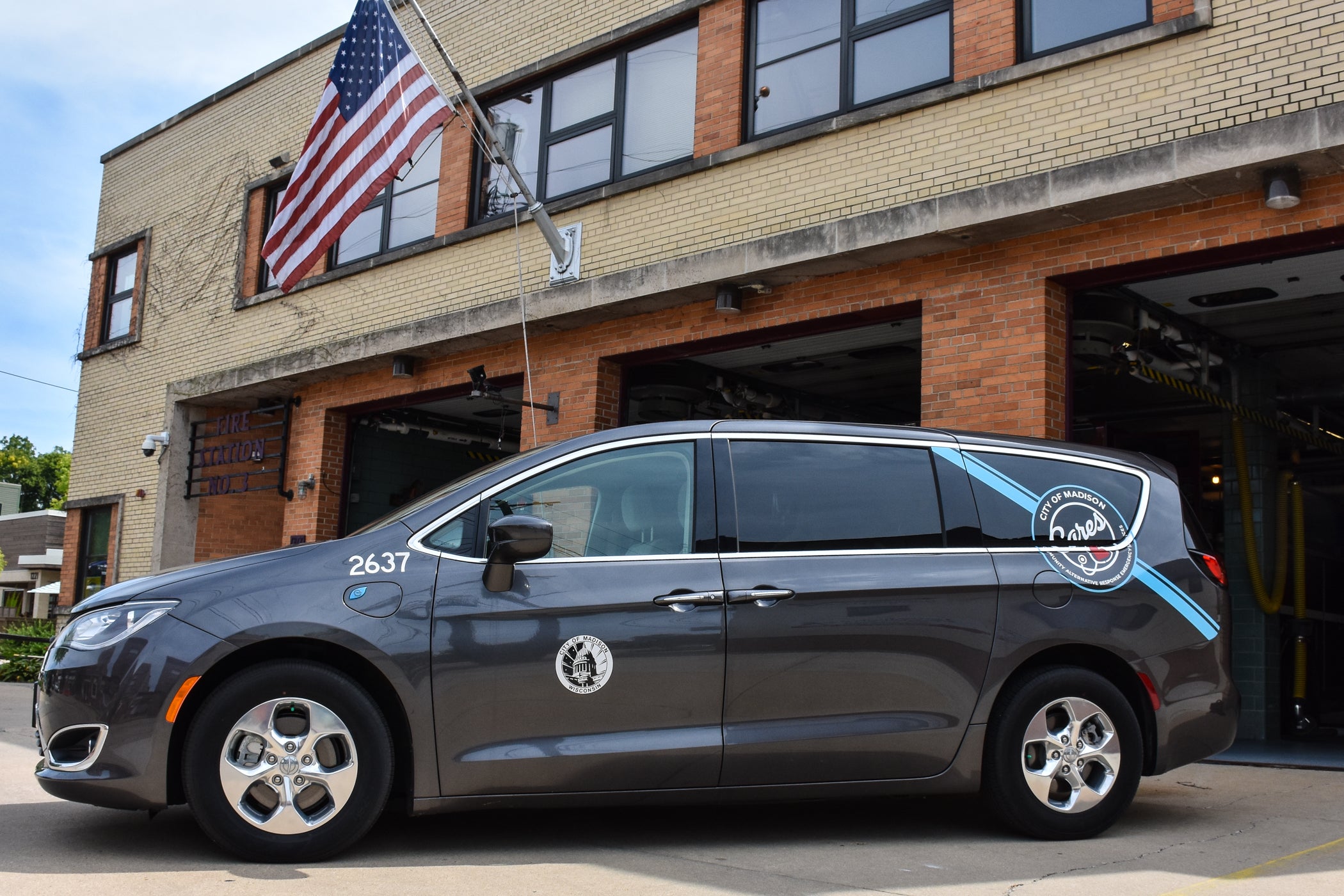Madison is one of 16 new cities selected to be part of a nationwide initiative aiming to make government more efficient through data.
The What Works Cities Initiative looks to improve the link between government services and residents in mid-sized cities by using data and sharing the information. Bloomberg Philanthropies, created by former New York Mayor Michael Bloomberg, launched the initiative in 2015 and is in 55 cities across 33 states in the United States.
Madison already has a portal where residents can find out information – such as a map of police calls for service or see where trees are planted along city streets –but now, the city will expand the portal under the initiative announced Monday.
Stay informed on the latest news
Sign up for WPR’s email newsletter.
Madison will use data to track how city agencies are doing in tackling issues affecting inequities in access to health care or transportation, said Madison Mayor Paul Soglin on Monday.
One goal for Madison is addressing racial and economic inequities. Soglin said an example of that is improving bus routes that don’t get low-income families to work or school quickly and easily, said Soglin.
“That’s the result of decades and decades of development of a very fine public transit system but one that is based on an old-fashioned model,” he said.
Starting in January, Madison will get four months of assistance from initiative partners, including the Center for Government Excellence at John Hopkins University. As part of the initiative, the city will get top notch technical assistance to assess data and provide services to residents, Soglin said.
“One of the founding principles of this initiative is that real creativity in government service delivery is happening at the local level,” Soglin said. “It’s a recognition of what cities like Madison have been doing for a number of years.”
Wisconsin Public Radio, © Copyright 2024, Board of Regents of the University of Wisconsin System and Wisconsin Educational Communications Board.





